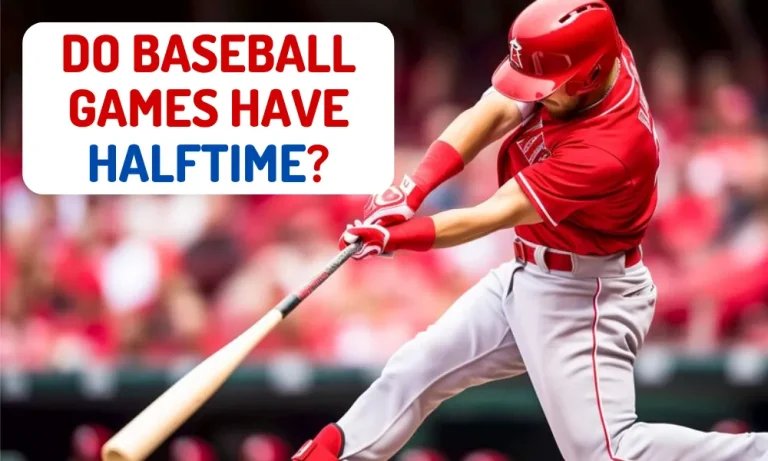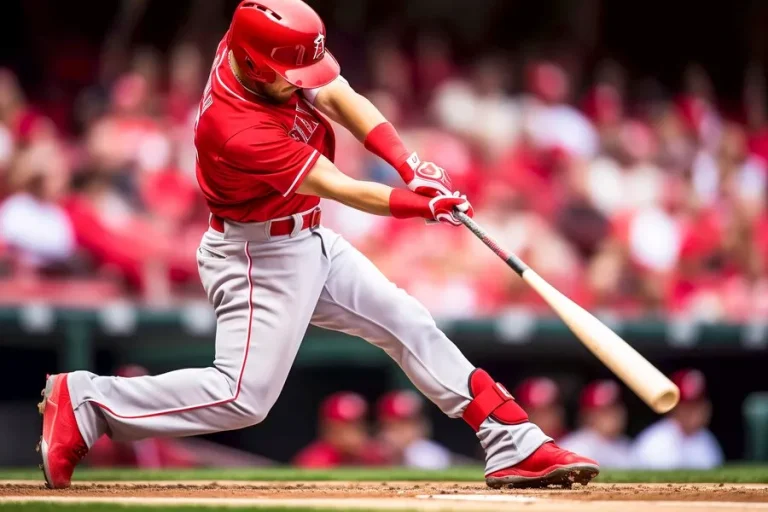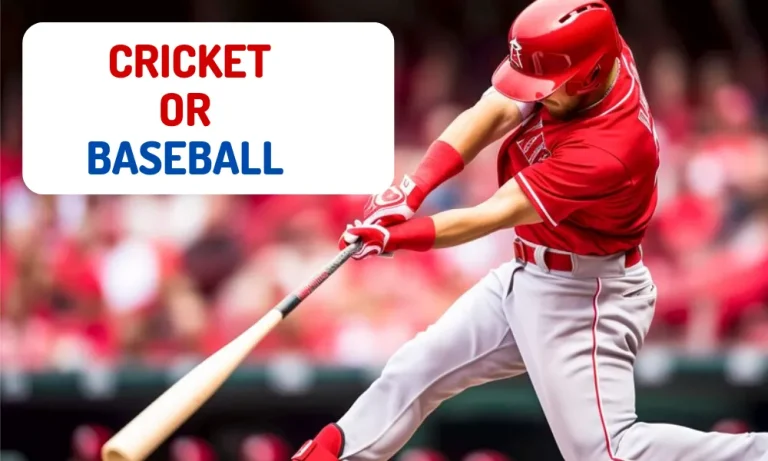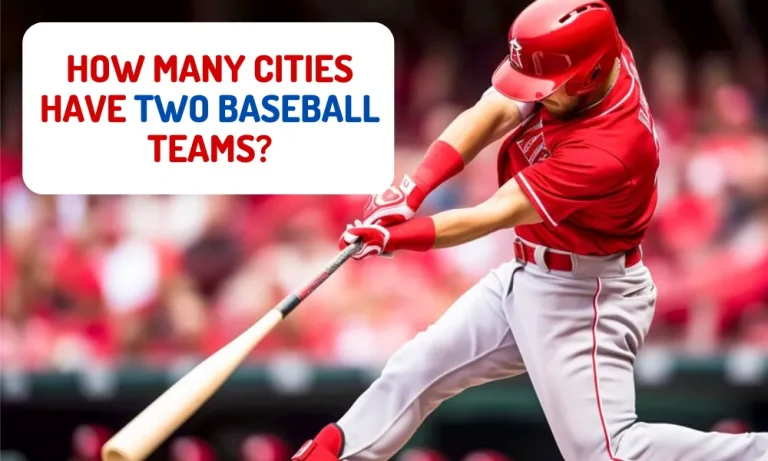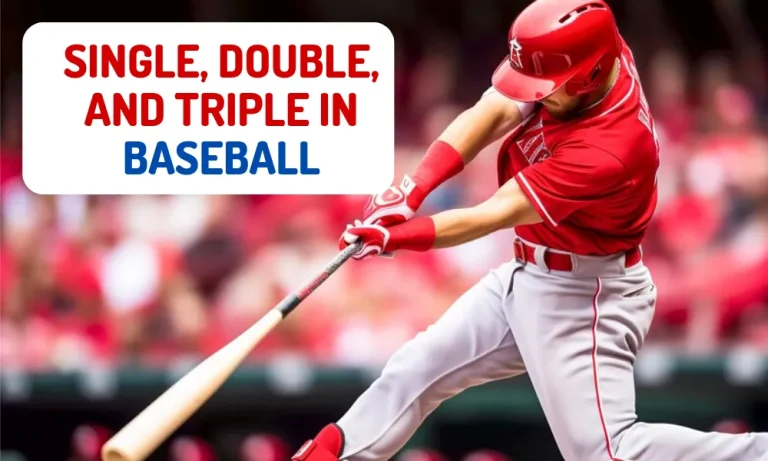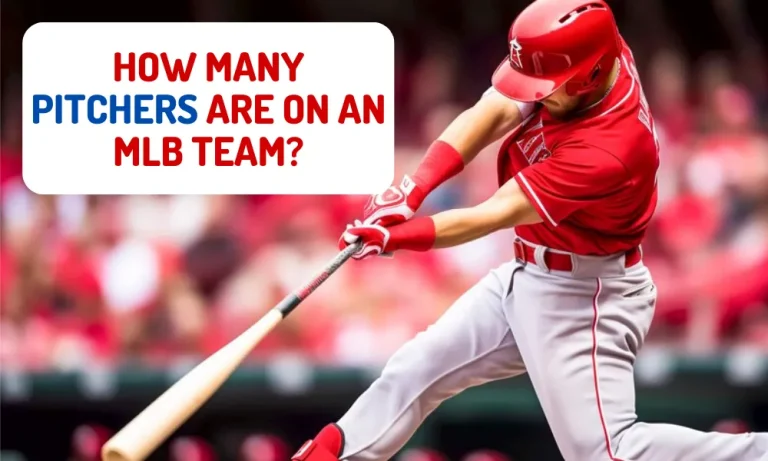What’s the Minimum Age to Play in the MLB?
Are you an aspiring baseball player dreaming of making it big in Major League Baseball (MLB)? If so, understanding the minimum age requirement is crucial to your journey toward professional success. In this comprehensive guide, we will delve into the topic of “What’s the minimum age to play in the MLB” to provide you with all the essential information you need. So, let’s step up to the plate and explore the age restrictions that shape the path to the MLB!
What is the Minimum Age Requirement for MLB Players?
In the MLB, the minimum age requirement refers to the age at which a player is eligible to sign a contract and play professional baseball. Currently, the minimum age requirement is set at 16 years old for international players and 18 years old for players from the United States, Canada, and Puerto Rico. This requirement ensures that players have reached a certain level of physical, mental, and emotional maturity before entering the highly competitive world of professional baseball.
The historical context and evolution of the age restriction in the MLB have been shaped by various factors. Initially, there were no specific age restrictions, and young players could sign contracts at very early ages. However, concerns regarding player development, exploitation, and fairness led to the establishment of minimum age requirements.
The significance of the minimum age requirement lies in maintaining fairness among players and ensuring their overall development. By setting a minimum age, the MLB aims to protect young athletes from potential exploitation and safeguard their long-term well-being. It allows players to have a solid foundation of skills, experience, and physical development before entering the demanding and competitive professional environment.
How Does the Minimum Age Requirement Affect High School Players?
The minimum age requirement in the MLB has a significant impact on high school baseball players aspiring to play at the professional level. It presents both challenges and opportunities that shape their journey towards the big leagues. Let’s explore how this age restriction influences high school athletes aiming to make it to the MLB.
For high school players, the minimum age requirement can pose challenges as they need to balance their academic and athletic commitments. They must focus on developing their skills and gaining exposure to catch the attention of college recruiters and MLB scouts. Additionally, they may face tough decisions regarding whether to pursue college baseball or sign with a professional team if they meet the age requirement early.
However, the minimum age requirement also provides opportunities for high school players to further refine their skills and gain experience before entering the professional ranks. It allows them to compete at the high school level, participate in prestigious tournaments and showcases, and receive coaching and guidance from experienced mentors.
Can College Players Join the MLB Before Graduating?
College baseball players have options when it comes to joining the MLB before completing their education. Let’s explore these options and discuss the advantages and disadvantages of college players entering the professional ranks before graduating.
One option for college players is to enter the MLB draft after completing their junior year. By meeting the minimum age requirement, they become eligible for selection. This allows them to start their professional career earlier, gain valuable experience in the minor leagues, and potentially fast-track their path to the MLB.
Another option is for college players to sign with MLB teams as undrafted free agents. Although they may not have the same leverage as high draft picks, they can still showcase their skills and earn a spot on a team’s roster. This route provides an opportunity for immediate entry into professional baseball and the chance to prove themselves against other talented players.
Entering the MLB before graduating from college has advantages and disadvantages. On one hand, players can start earning a professional salary, fulfill their dreams of playing at the highest level, and potentially secure long-term financial stability. On the other hand, they may miss out on the opportunity to complete their education, which can serve as a valuable backup plan and provide a well-rounded foundation for their future.
Are International Players Subject to the Same Age Requirements?
International players in the MLB face unique circumstances in relation to the minimum age requirement. Let’s discuss these circumstances, the MLB’s international signing rules, and highlight notable international players who debuted in the MLB at a young age.
Unlike domestic players, international players are not subject to the same age requirements. The MLB has established specific rules for signing international players, which vary based on the player’s age, country of origin, and other factors. These rules aim to regulate the recruitment and signing process while ensuring fair opportunities for players from different countries.
The MLB’s international signing rules include bonus pools and signing restrictions. Each team is assigned a certain amount of money they can spend on signing international players, based on their draft position and market size. This system aims to prevent excessive spending and promote competitive balance. Additionally, some countries have agreements with MLB that limit the signing bonuses for players from those countries.
Several notable international players have debuted in the MLB at a young age. One example is Juan Soto, who made his MLB debut at the age of 19 and quickly became a star player for the Washington Nationals. Another example is Fernando Valenzuela, who made his debut at 19 and went on to have a successful career, winning multiple awards and championships.
Are There Any Exceptions to the Minimum Age Requirement?
While there is a minimum age requirement for players to join the MLB, there are exceptions and special circumstances that allow some players to bypass this requirement. Let’s explore these exceptions, cases where players have been granted exemptions, and the process and criteria for obtaining such exceptions.
In certain cases, players with extraordinary talent or extenuating circumstances may be granted exemptions from the minimum age requirement. These exceptions are typically rare and reserved for players who possess exceptional skills and have the potential to make an immediate impact in the MLB. The league considers factors such as the player’s overall ability, maturity level, and readiness to compete at the highest level.
The process for obtaining exceptions to the minimum age requirement involves a thorough evaluation by MLB officials and team representatives. The player’s talent and potential are carefully assessed, and the league takes into account various factors, including the player’s physical and mental development, their performance in international competitions or other leagues, and the impact their presence may have on the league and fan base. The decision ultimately rests with the MLB, and exceptions are granted on a case-by-case basis.
How Do Age Restrictions Impact Player Development?
The minimum age requirement in the MLB has both potential benefits and drawbacks in terms of player development. Let’s explore how age restrictions impact player development, the arguments for and against allowing players to join the MLB at a younger age, and the importance of balancing age restrictions with the overall growth and success of players.
The minimum age requirement in the MLB helps ensure that players have sufficient time to develop their skills, physically and mentally, before entering the professional league. This allows them to gain valuable experience, receive proper coaching, and mature both on and off the field. Age restrictions help protect young players from being rushed into a highly competitive environment, reducing the risk of burnout or injury.
However, some argue that allowing players to join the MLB at a younger age could benefit their development. These proponents believe that exceptional talents should not be held back by age restrictions and that early exposure to professional competition can accelerate their growth. They argue that younger players who are ready for the challenge should be given the opportunity to showcase their skills and contribute to the league.
FAQs: Minimum Age to Play in the MLB
What is the minimum age requirement to play in the MLB?
The minimum age requirement to play in the MLB is 16 years old for international players and 18 years old for players from the United States and Canada.
Are there any exceptions to the minimum age requirement?
Yes, exceptions can be granted for players with extraordinary talent or extenuating circumstances, but they are rare and determined on a case-by-case basis.
How do players prove their age eligibility to play in the MLB?
Players must provide official documentation, such as birth certificates or passports, to verify their age and meet the minimum age requirement.
Can players under the minimum age requirement sign contracts with MLB teams?
No, players must meet the minimum age requirement to sign contracts with MLB teams and begin their professional baseball career.
Can players from high school or college join the MLB before reaching the minimum age requirement?
No, players from high school or college must wait until they reach the minimum age requirement before they can be eligible to join the MLB.
Conclusion
knowing the minimum age requirement for playing in the MLB is vital for any aspiring baseball player. We have explored the historical context, impact on high school and college players, international considerations, exceptions, and the overall effect on player development. By staying informed and keeping up with the evolving landscape of age restrictions in professional sports, you can better navigate your journey to the MLB. So, keep honing your skills, researching, and pursuing your dreams on the baseball diamond. The road to the MLB may have age restrictions, but with dedication and hard work, you can strive to reach your full potential.

